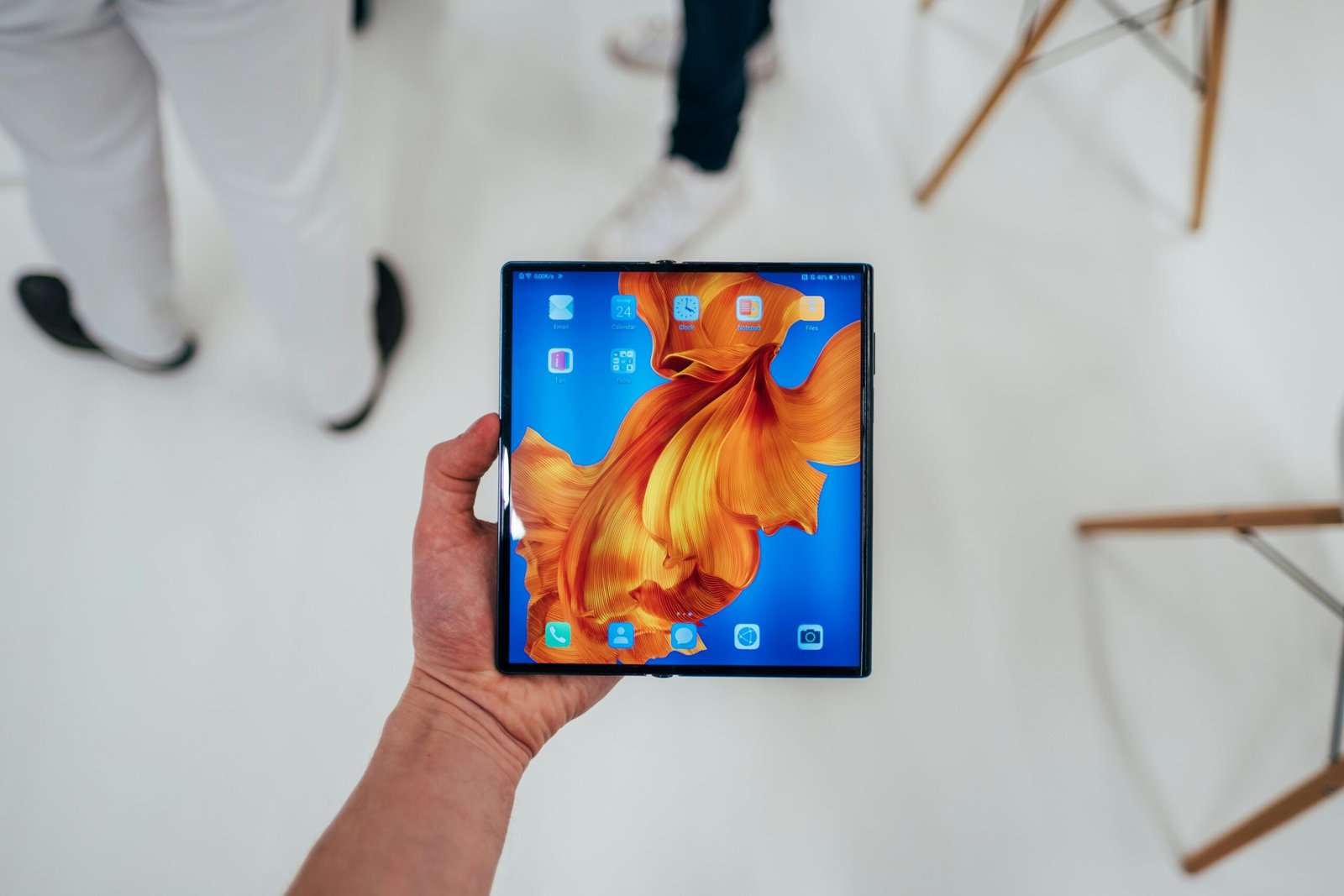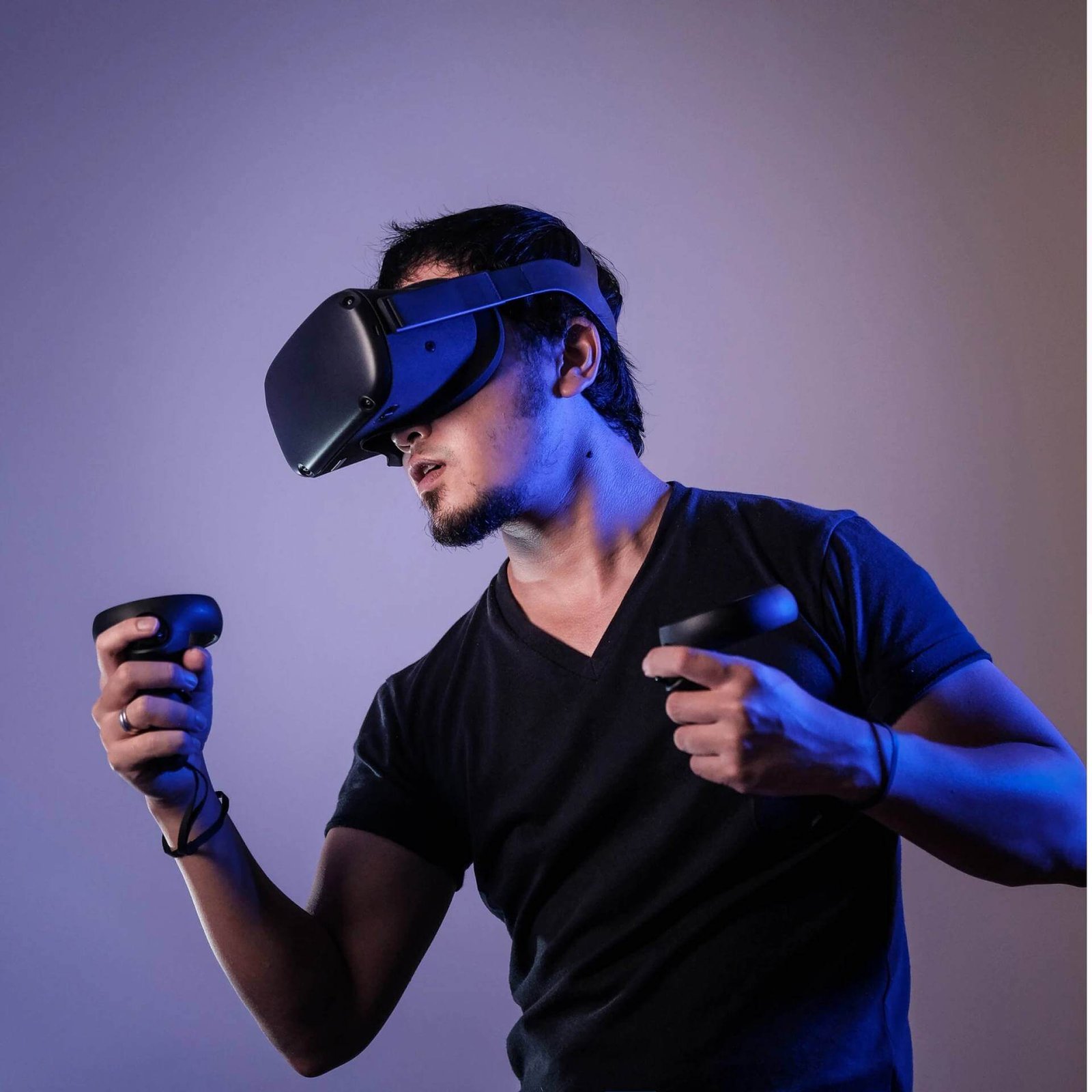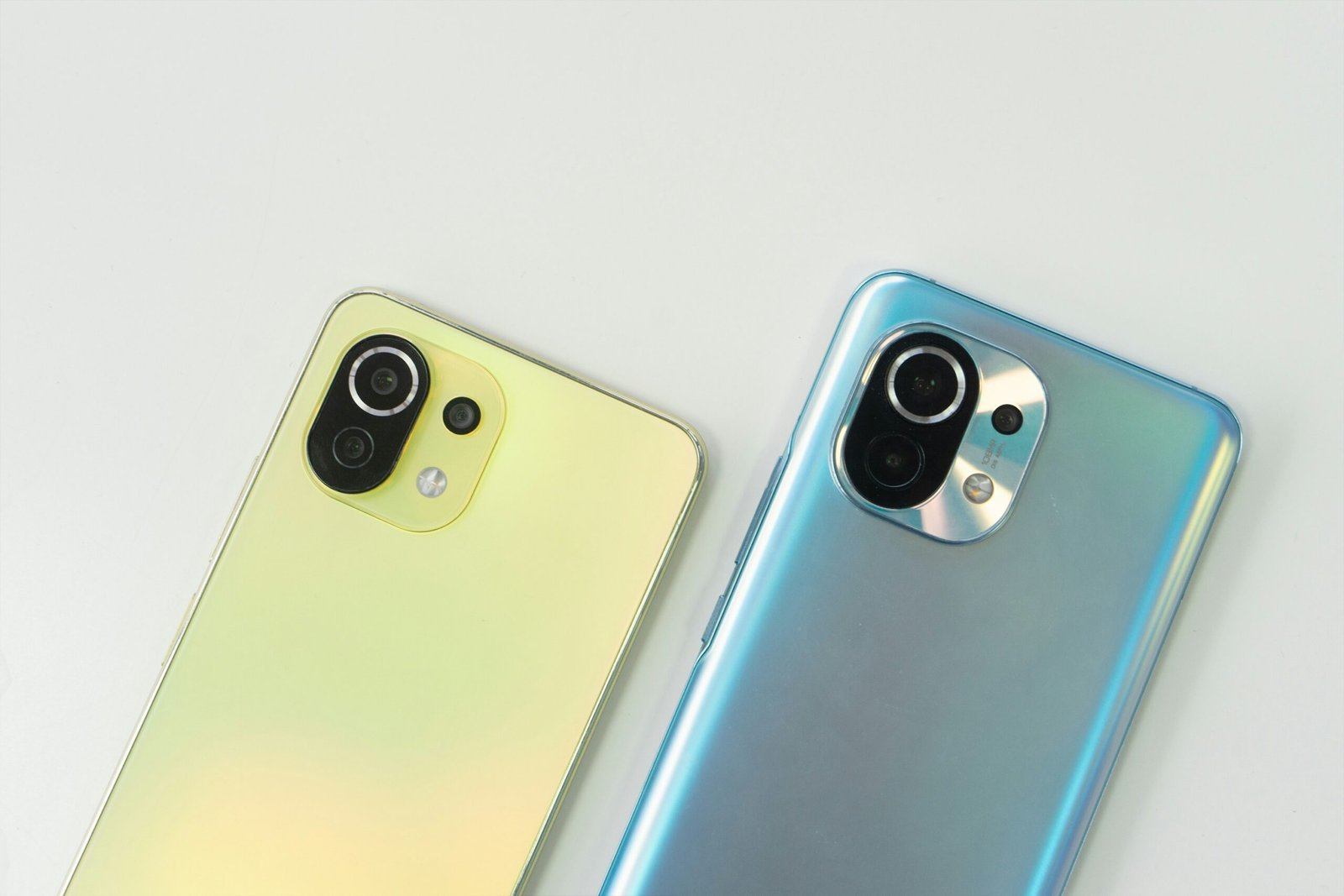
Wearable Health Tech
The intersection of technology and healthcare has given rise to a transformative field known as wearable health tech. These innovative devices, worn on the body, have the potential to revolutionize how we monitor and manage our health. In this exploration, we’ll delve into the realm of wearable health tech, exploring its applications, benefits, and the impact it has on individuals’ well-being.
Monitoring Vital Signs
Wearable health devices have become invaluable tools for monitoring vital signs in real-time. From smartwatches that track heart rate and sleep patterns to fitness trackers that count steps and calories burned, individuals can gain insights into their overall health and make informed decisions to improve their well-being.
Exercise and Fitness Tracking
Wearable fitness technology has redefined the way we approach physical activity. Whether it’s counting steps, measuring distance, or analyzing workout intensity, these devices provide users with a comprehensive view of their exercise habits. Some devices even offer guided workouts and personalized training plans, enhancing the overall fitness experience.
Chronic Disease Management
For individuals managing chronic conditions, wearable health tech serves as a valuable companion. Devices such as continuous glucose monitors for diabetes management and smart inhalers for respiratory conditions enable users to track and manage their health in real-time. This proactive approach can lead to better disease control and improved quality of life.
Remote Patient Monitoring
The advent of remote patient monitoring has revolutionized healthcare delivery. Wearable devices equipped with sensors can transmit vital health data to healthcare providers in real-time. This allows for proactive intervention, early detection of health issues, and reduces the need for frequent in-person visits, particularly beneficial for patients with chronic illnesses or those in remote locations.
Health and Wellness Apps
Wearable health tech often integrates with health and wellness apps, creating a holistic approach to well-being. Users can set goals, receive personalized insights, and access a wealth of health-related information. These apps encourage individuals to take an active role in managing their health, fostering a sense of empowerment and accountability.
Biometric Authentication for Security
Beyond health monitoring, wearable devices are increasingly incorporating biometric authentication features. From fingerprint sensors to heart rate-based authentication, these technologies enhance the security of personal data stored on the devices. This dual functionality adds an extra layer of convenience and protection for users.
Challenges and Considerations
While wearable health tech brings a plethora of benefits, there are challenges to address. Issues related to data privacy and security, device accuracy, and the potential for information overload require careful consideration. Striking a balance between innovation and safeguarding user interests is crucial for the continued success of wearable health technologies.
The Future of Wearable Health Tech
The future holds exciting possibilities for wearable health tech. Advancements in sensor technology, the integration of artificial intelligence for data analysis, and the development of more discreet and comfortable devices are on the horizon. These innovations promise to further enhance the role of wearable health tech in preventive healthcare and personalized well-being.
Conclusion
Wearable health tech has transcended the realm of gadgets and become an integral part of the healthcare landscape. By empowering individuals with real-time health insights, encouraging active lifestyles, and supporting chronic disease management, these devices are contributing to a paradigm shift in healthcare delivery. As technology continues to evolve, wearable health tech will play a pivotal role in shaping a healthier and more connected future.
Reference Links:

















